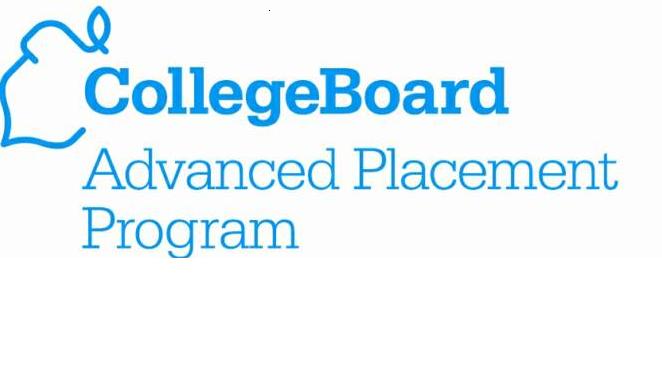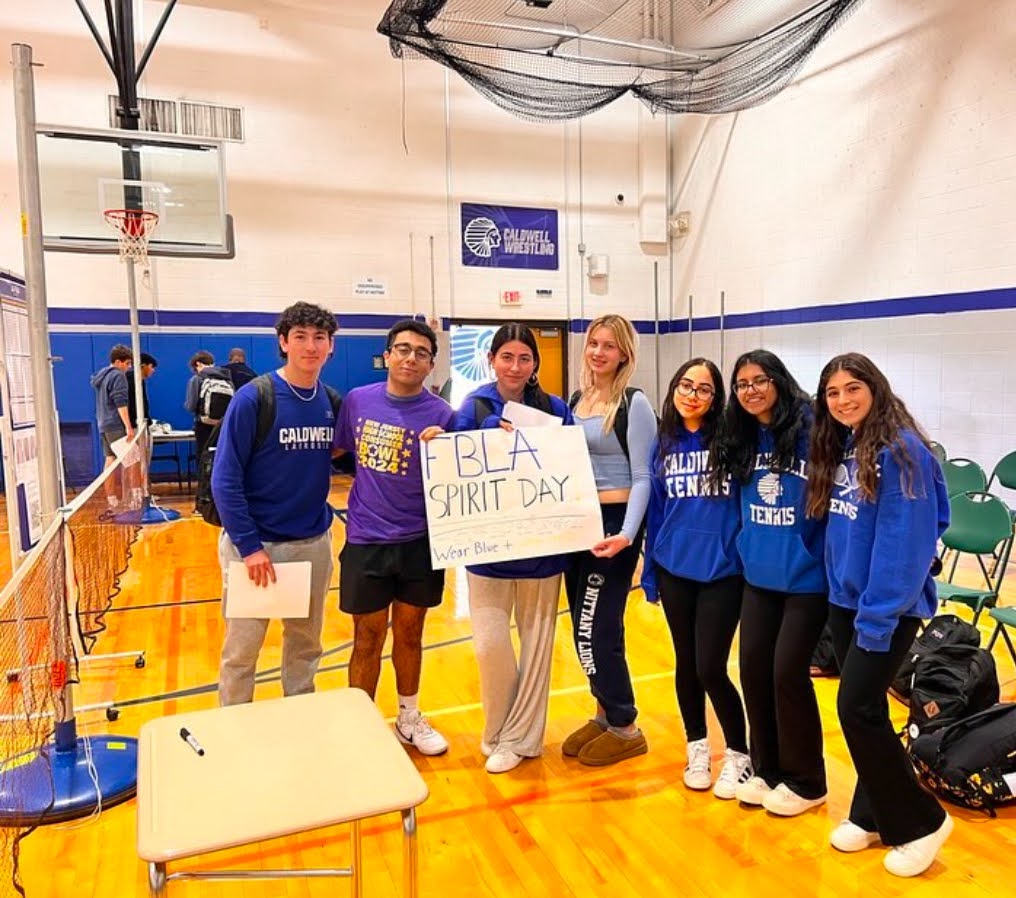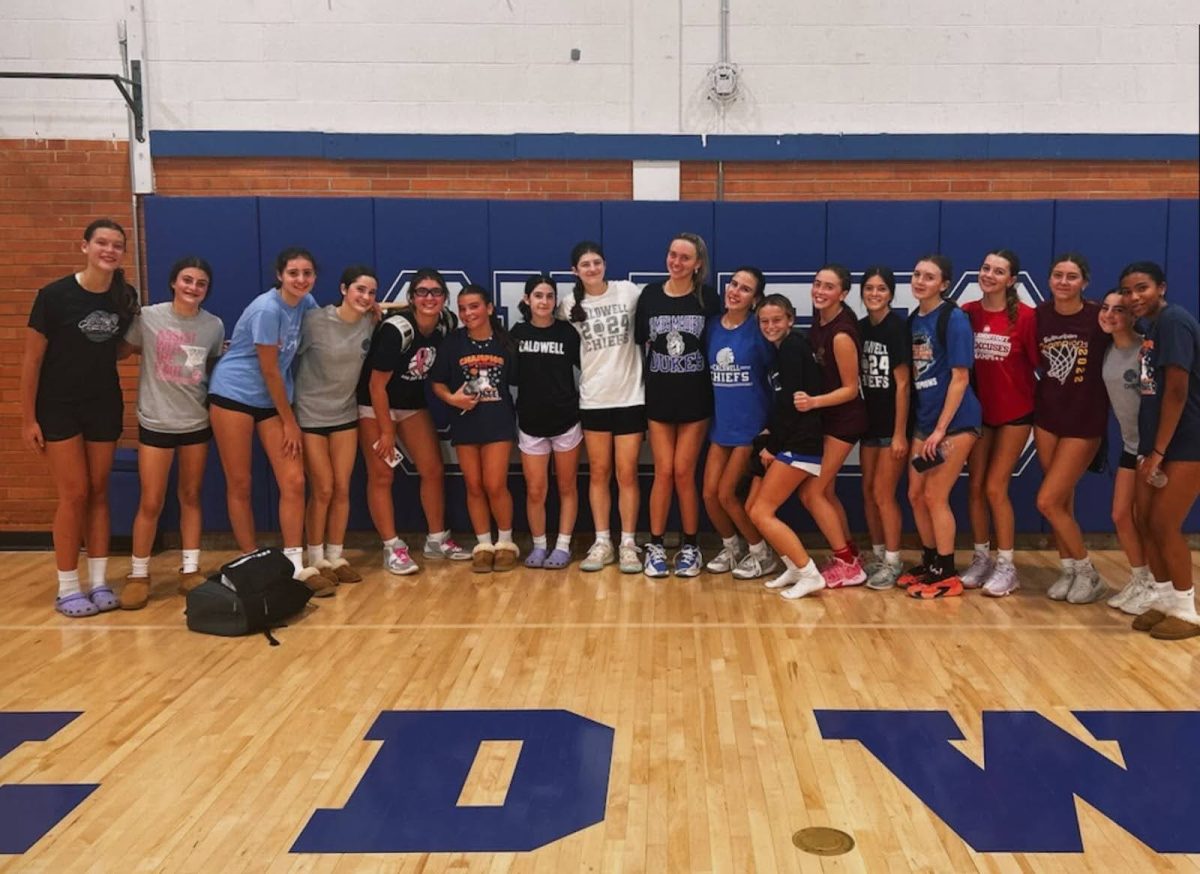As you sit with your guidance counselor creating your schedule for 2013-2014, one question that arises is whether or not you should sign up for Advanced Placement (AP) classes. At first,you may laugh and wonder, why would I want to add all of that extra work and stress? While many ask that question, this is not the mentality you, as a student, should have. Almost all high school students have future plans to move on to college, and one thing many schools now look at is how rigorous your schedule is. Yes, you can argue that the 7 points isn’t enough to save your GPA, but think of your dream school. Would they prefer a student who cruised through high school, not challenging themselves very much with a good GPA, or a student who worked extremely hard, took an AP class or two, and has a pretty good GPA? Odds are, student #2 will gain admission easier than student #1. College students work hard, and when reading applications, admissions officers want individuals who will succeed. Success cannot always be determined by a test score, but hard work can tell admissions officers “I will be successful.”

Of course, APs aren’t for everyone. The classes are very time consuming and require a lot of effort. Some things you may want to consider are: is this something I’m interested in? If you’re a “right brain” and prefer English and History classes, you probably shouldn’t put yourself through AP Chemistry. On the other hand, if science and math are your thing, go for AP Physics and use your passion for math and science to help you achieve a good grade.
Also, many AP classes require basic level courses before taking them (such as Chemistry I, Biology I, and Precalculus). If you do well in these courses, this is a very good indication that you will find success in AP. Finally, talk to the teacher if you’re interested in signing up for a class. They are usually very good at determining how successful you will be in the course so that you don’t have to find out the hard way. APs are a large commitment, but are also extremely helpful in college admissions and–if you score well on the placement test– once you get to college. Don’t sign up just because “it will look good”: instead see it as expanding your knowledge on a topic you love learning about.



























